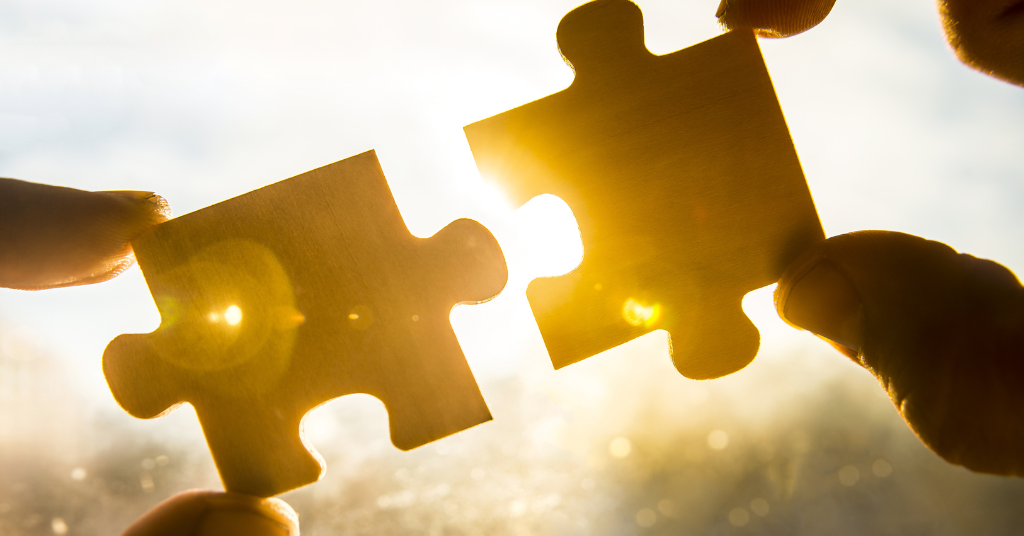
Deafinitely Theatre panelists discuss how can the arts do more for the Black Deaf community
September 24, 2020
Deaf Fun Facts You Need to Know
September 28, 2020The Reality of Listening Fatigue in a World of Masks

The concept of listening fatigue has been around for quite some time; but could it be even more prevalent in a world of face masks? The short answer is absolutely – for both those with hearing loss and those without.
Before we dig in though, let me break down what listening fatigue actually is for those who don’t know.
What is listening fatigue?
Put simply, listening fatigue can be referred to as the fatigue or burnout that is usually caused by prolonged periods of listening, or the effort that is put in to listening. Many with hearing loss experience this throughout their everyday lives because hearing loss forces them to pay even more attention, and expend more energy into processing and listening; compared to a hearing person.
Believe it or not, simply hearing and listening takes a lot more energy and brainpower than you might expect. For many, it’s just part of everyday life and we may not think twice about it. However, with hearing loss, it’s not always so natural. When someone has hearing loss, it forces the brain to work double to receive, process, and interpret what is being said or heard and as a result, can take an emotional and even sometimes physical toll.
Read more: What you should know about concentration fatigue
The effects of listening fatigue
As mentioned, listening fatigue can take a significant toll on the mind and body. How it will do so will vary from person to person as everyone is unique. However, here are just some of the signs to look out for:
- Anxiety
- General fatigue/tiredness
- Frustration
- Irritability
- Depression
- Social isolation/withdrawal
- Changes in mental or physical health
- Burnout
Listening fatigue and face masks
You may have noticed the connection between listening fatigue and face masks. Throughout the COVID-19 pandemic, face masks have caused various communication barriers, of which listening fatigue can be a result.
It is known that masks serve as a huge barrier for many; especially for those with hearing loss, and/or those who rely on lip-reading, facial ques etc. for effective communication. In fact, I recently learned from my audiologist that masks decrease decibls (level/volume of sound) down anywhere from 3-5dB for surgical or cloth masks and 12dB for N-95 masks. This actually opened my eyes as it proves just how much masks limit the quality of sound and speech and it’s no wonder that it would cause listening fatigue.
Read more: Face masks for the deaf and hard of hearing
Since the era of masks have started, I have noticed myself personally getting more frustrated and mishearing things more than usual, and now it makes sense as to why. For someone with hearing loss even 3-5dB and especially 12db, although that might not seem like a lot, actually is quite a significant drop because our hearing is already limited.
Tips for Coping with Listening Fatigue
Listening fatigue can be immensely frustrating. While it’s not 100% preventable, there are some things that I’ve found through personal experience can help.
- Go to a quiet place, especially after long periods of listening to give your ears and mind a break.
- Deep breathing: Whether it’s in the moment or afterwards. Taking a minute (or a few) to take a breather can help reset, refocus, and maintain the frustration and anxiety.
- Don’t be afraid to speak up. Whether you have hearing loss or are don’t; if you’re struggling to hear someone or keep up, don’t be afraid to let the other person/people know.
- Opt for written communication if it’s possible. Try communicating with pen and paper, phone (texting/notes), or if the situation/context allows: email/IM/text.
- Use hearing assistive technology if it’s available. It may not work for every situation; especially in many mask situations. However, everyone and every environment is different. Technology such as FM systems, captioning systems etc. may be able to help. (If you have Bluetooth compatible hearing aids that sync with your phone and masks are a big barrier for you; ask your audiologist about a mask setting; this is a setting that you can switch on before going into an environment with masks that will increase the decibels of your hearing aids that may help increase the volume just a bit. Even if there is an everyday environment such as a place with a lot of background noise etc., your audiologist may be able to help create a setting for your hearing aids, for that specific environment.
Read more: How “ears off” time helps with my listening fatigue
Personal Experience
For me, I rely heavily on lip-reading and facial cues to communicate.
I honestly didn’t even realize just how much I rely on these visual cues to communicate until this era of masks; when I started feeling the frustration and effects of listening fatigue. It took me a while to figure it out. I noticed myself not hearing as much as I used to, asking for repetition multiple times in almost every conversation and just feeling generally tired and frustrated after long conversations.
The truth is although I’ve been hard of hearing and have lived with a hearing loss my entire life, I never truly felt the effects of my hearing loss as much as I have these past few months since my middle school years. My hearing aids have always done a tremendous job for me in helping me hear and communicate, and thus, prevent listening fatigue; so my recent experiences have been an eye opener for me. I’ve experienced listening fatigue for sure throughout my life, especially when in classes or lectures all day etc. However, through the use of technology and adaptation, it’s something I simply adjusted to over time.
I have often felt as though I didn’t have a hearing loss at times due to the fact that I’ve just become so accustomed to living a certain way. However, when these new experiences struck me, it made me realize even more so than I did before just how real hearing loss and listening fatigue really is.
Read more: Tips to combat listening fatigue in college
The Bottom Line
The truth is no one is immune to listening fatigue. Although the concept of listening fatigue has been around for years, it’s not necessarily widely talked about. Therefore, you may not initially recognize that you or even someone you know could be experiencing it. With that being said, I hope this article brings some awareness to the topic as it is definitely something that is incredibly real.
If you encounter or know someone who is showing the signs of listening fatigue don’t be afraid to ask how they’re feeling. The truth is, they may not talk about due to the very fact that it’s simply not widely understood. Opening the door to have that conversation and allowing one to express their feelings and frustrations with it can also help.
Finally, please remember more than anything, to be patient and kind. Whether it’s in a grocery store and you’re trying to get someone’s attention or someone’s not hearing you etc.; they are more likely than not, not being rude but simply cannot hear you.
- Author Details



